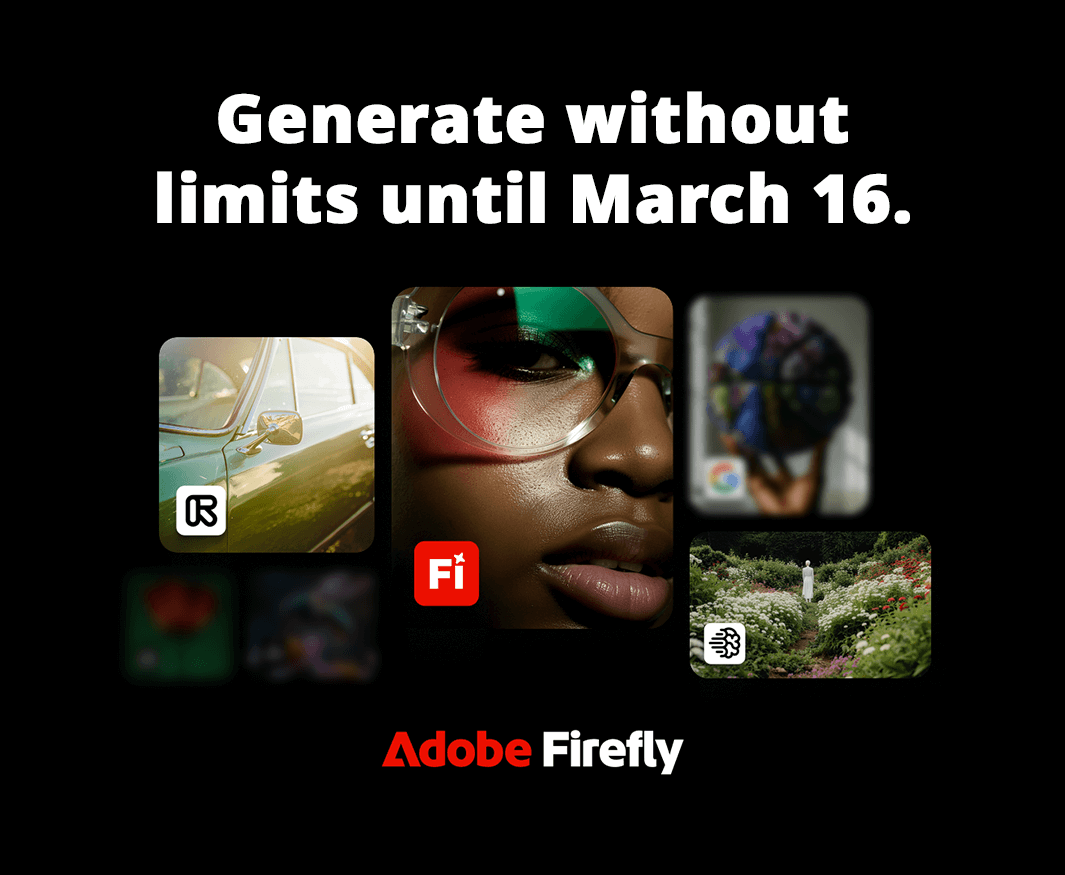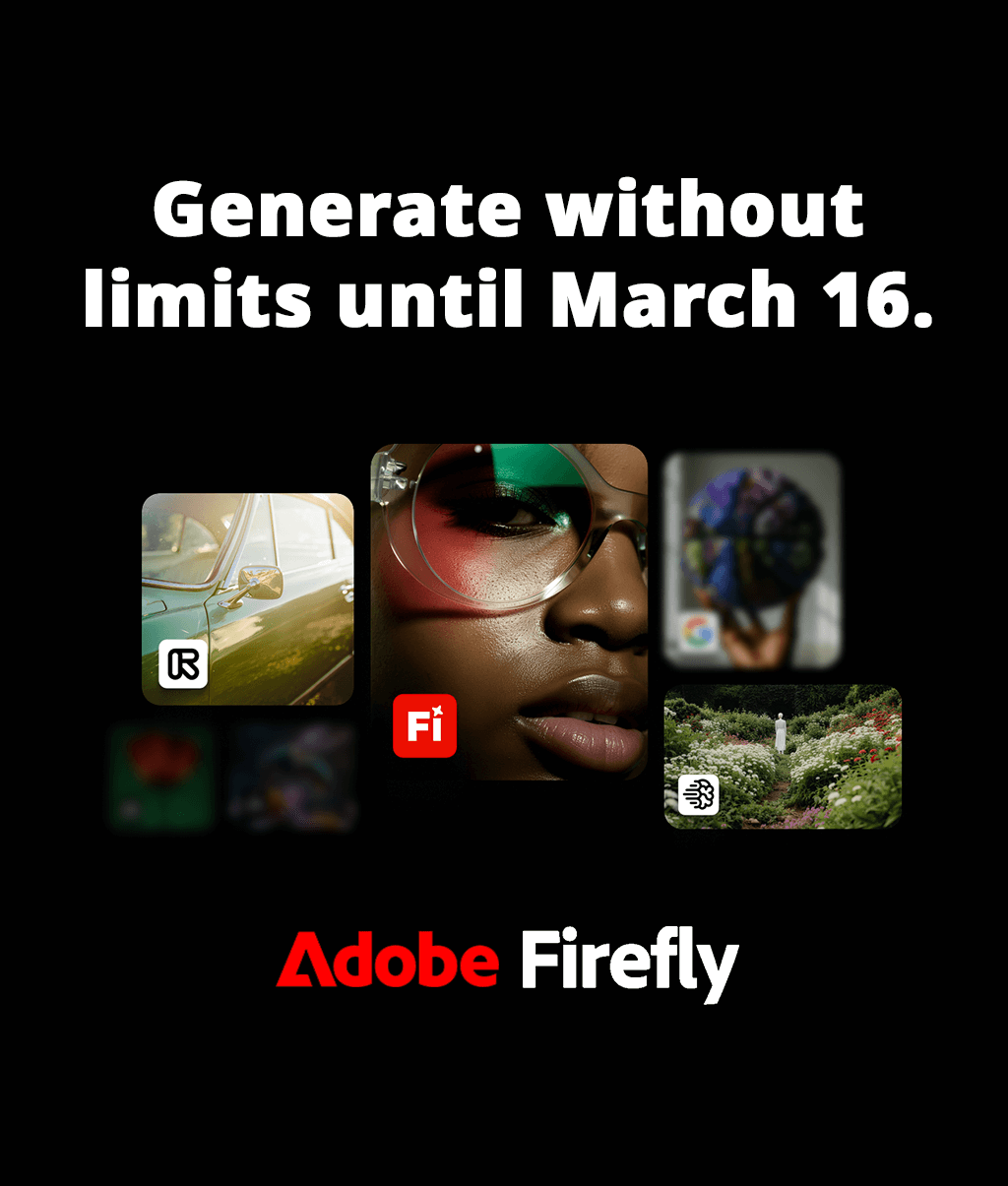How To Start A Photography Business With No Money

How to Start a Photography Business with No Money: 15 Steps
Below you will find simple and easy-to-follow steps that will help you launch your photography business with a very tight budget. Starting is always the most difficult part, however, when you know exactly what you need to do, success will be just around the corner.
1. Minimum Requirements for a Startup

There are some things without which starting up a photography business will be a lot harder. A camera and a talent for taking beautiful portraits, a PC or a laptop with Internet access, a phone, a goal you want to achieve, and lots of optimism!
2. Buy a Gear Bundle

Without the basic equipment, you can’t start the business. However, you should keep in mind that the camera and its specifications, although very important if you want to get a picture with better quality, will help you in absolutely no way if you are trying to make a kid sit still or a very shy person to give you a sincere and relaxed smile.
So, don’t get too obsessed with expensive gear; this is where you can start saving. First, look for a camera with good specifications thatwon’t break the bank. An even better option is buying a camera bundle, which includes a camera, a lens, an SD card, and a bag.
- Check the list of the the list of the best cameras for amateurs.
3. Learn Your Camera

Don’t forget to spend some time studying your camera and learning how it works. Aperture, shutter speed, and ISO are a must-learn!
Aperture. This is the design element of the lens that regulates the diameter of the hole transmitting light to a photosensitive surface (film, or matrix). Aperture is marked as f/2.8 or f:2.8. The smaller the aperture number, the bigger the opening.
Shutter speed. It’s the time the shutter remains open to let the light in onto the photosensitive surface. The shutter speed is measured in seconds or milliseconds. It is marked as 1/200.
ISO sensitivity. It is a purely technical term that denotes the sensitivity of the matrix (or film) to light. ISO is directly connected with the amount of noise. The higher the ISO, the more noise you get. With the ISO 100, the signal from the matrix isn’t amplified, while with ISO 200 it is amplified by 2, and so on.
- Learn more about camera modes.
4. Improve Your Photography Skills

Never stopping honing skills is a big part of starting a photography business from home. Before you start getting a stream of clients, you can practice with your friends or family, who, I’m sure, will be more than happy to assist.
Never forget to treat them with respect, just as you would treat your ‘real’ clients. Remember, they are there for you because they love you and want you to accomplish whatever goal you have.
5. Take Advantage of Free Online Courses

There are plenty of websites and learning platforms offering free courses that can help you improve your understanding of how a camera or a photographer should work. I can recommend the following free courses: The Basics of Photography: The Complete Guide by Lifehacker and Introduction to Photography and Related Media.
Photography forums, websites, and blogs can provide you with a wealth of knowledge, too. Never forget about such platforms as YouTube that probably has millions of videos explaining all tips and tricks.
Choose channels of famous, renowned photographers and soak up everything they are willing to share for free.
- Find more free online photography courses.
6. Develop a Style

Every successful photographer has a distinctly recognizable style, just like an artist. This is one of the ways prospective clients (I’m talking about businesses mainly) will find you. It means your style is something that resonates with them, their brand identity, etc. So, how do you develop your own unique style?
Start by identifying what you like, what types of photos and styles ‘spark joy’ for you. Take your camera and experiment with it to see which techniques give you the images you are happy with. The sooner you do this, the quicker you will start earning a real income from your business. Remember, a photographer with a pronounced style is more successful at marketing their brand.
- Get inspired by different types of photography.
7. Choose a Good Name for Your Business
Before your own name becomes a brand, you need a good name for your business to be able to register it with a qualified registered agent. Don’t forget to check if your brand name is unique (you don’t want to be copying someone else’s).
Go online and do your research on photography business name ideas. If you have one or several options you want to use, just google them to see if something similar already exists. Don’t forget that your name should be just as memorable and easy-to-remember as your photography style. You'll also want to research whether you need a photography business license or not in your city, state, region or country. Each part of the world has different regulations, but once you find the right name, you may want to get a license under that business name to actually run a business in your area.
8. Have a Stable Internet Connection

I cannot stress enough the importance of a stable Internet connection these days. There are so many things you can do with its help as a photographer.
Online image editors. Desktop photo editing software can get very expensive, so if you are looking for ways how to start a photography business with no money, you should consider all the free online photo editing tools and apps. These are Pixlr, Fotor, and PicMonkey, just to name a few. With their help, you will be able to enhance the quality of your images.
Make social media your friend. Social networking sites and apps are free and can help you extend the reach of your business. An aspiring photographer should consider using Facebook (2.23 billion users), YouTube (1.9 billion users) or Instagram (1 billion users). They are the best platforms, where you can share your photos.
Search Engine Optimization. SEO is very important if you want people to be able to find you with the help of search engines. When you launch your website, make sure you do everything possible to make it SEO-friendly and your site has a high rank in the Search Engine Results Pages.
9. Remember that Having a Phone Is Essential
Behind every service or product you buy, there are people and they are more important. The same applies to the photography business. You need to talk to people and they need a way to contact you in return.
Surely, the Internet is one way to do this but having your business phone number is just as important. Look for the cheapest package in terms of calls you can make and don’t bother purchasing a new phone, just get the SIM card and use it with any old phone you may have or just borrow one from your friends.
10. Have a Business Plan

Even if you just want to know how to start a photography business from home, creating a business plan should be your priority.
Business overview. You need to know exactly where you are, what competition you have locally, whether you are going to cooperate or compete with them.
Business strategy. These are steps you need to take to start advancing your business, possible issues, and your business values.
Market research. How can you grow and expand? What could stop you from doing that? What kind of photography services do people need from you? You must have answers to all of these questions.
Managing your business. Think about the accounting aspect of your business, how you will register your assets, what is required to maintain your equipment.
Finance evaluation. Try predicting how much money you will be earning.
11. Build Your Website

This is one of your biggest expenses after buying the camera. However, you shouldn’t worry too much, it isn’t going to drain your budget and it isn’t that hard. If you have thought of your brand name, buy the domain and create the hosting account.
Now you need to think about what you will have on the website. You aren’t really limited to what a website for photography business should have; however, make sure you have the following.
Portfolio. This section will show your work so keep it updated. At first, you may have to do a lot of free photoshoots or offer large discounts, but trust me, building up the portfolio is crucial and is definitely worth it.
Pricing. Have your prices on your website, make sure they are easy-to-find and are absolutely transparent. Nothing drives a client away quicker than having to wait for a response from you about your pricing.
Testimonials. Don’t be shy to ask people to provide their feedback about the work you do. You can set up a survey that can be easily accessed by your clients. Let everyone know how good you are!
About. Tell them, who you are and what your story is. It makes you much closer to your future clients.
Contacts. Let them know you are happy to receive messages from them and are always available for business.
- Get some help from the best website builders for photographers.
12. Set Your Prices

Your prices are very important. Your services shouldn’t be overpriced (no one will want to work with you) or underpriced (too many people will want to work with you and it will be overwhelming). Using the Sellers Assistant app with a research tool may help you understand the general pricing policy among your rivals. Try and find the golden middle and here’s a guide to help you do that.
- Correlate your skill level with the price you will ask and check out what your competitors are charging for their services.
- Take into account the time a photoshoot takes, any travel expenses, the actual time you photograph, photo editing, creating the online preview gallery, planning how you are going to return the photos, packing the photographs, and deleting the backup copies.
- Don’t forget to include the price of discs, and packaging.
- You may try using the photography pricing formula.
13. Solve the Question of Payment Methods
Having established your prices, it is time to think about the payment methods. Even though cash is the easiest way for someone, who is just starting photography business, you will have more opportunities if you provide your clients with different payment options.
You can add card payments or even check ones. Another great way is to add an online payment feature to your website. Look into all the options.
14. Pay Attention to Taxes
Taxes are hardly the most favorite part of any kind of business, however, they are impossible to avoid. Since the tax isn’t automatically subtracted from your paycheck, when it is time to file your taxes, you will owe a certain sum of money.
With Turbo Tax’s Income Tax Calculator you can find out exactly how much taxes you need to pay. Use QuickBooks to track your profits and don’t forget to set aside the necessary amount to be able to pay your taxes when it is time.
15. Always Edit Photos Before Delivery
No matter how talented you are and how good your camera is, photos always need additional post-processing. You don’t have to do much, but your photos will look more polished if you correct the colors that are out of whack, fix the exposure issues, remove blemishes or fine wrinkles.
While many photographers are still arguing about what is better Photoshop vs. Lightroom, beginners that are learning how to start up a photography business will find GIMP more useful. It’s absolutely free yet very powerful. It is often called the best free alternative to Adobe Photoshop.
Freebies
As I have mentioned above, photo post-processing is very important if you want to come off as a professional photographer. I have selected these free tools that will definitely help you enhance your photos.
Matte
Brighten up your image and make the colors more saturated with this preset. It will work especially well if it is an outdoor photograph.
Clean White
Fix any possible issues with white balance in your images. This is a great foundation preset that you can use when you just start editing pictures. The whites in the image will look pristine while other colors will be much brighter.
Imposition
Use this Photoshop action to create a beautiful double exposure effect in the portraits. It is especially good if it is a studio portrait. It will also work for product photography that is used in advertising, for example.
Creamy
This action is perfect for wedding photography, especially images that are full of light. It will add softness to the lines and bring a slightly burnt effect.
Holiday Sparkles
This overlay is perfect for a romantic photoshoot and will add a lot of colorful flares to the image.















